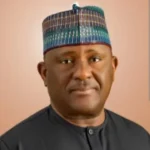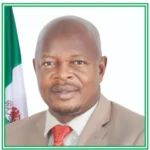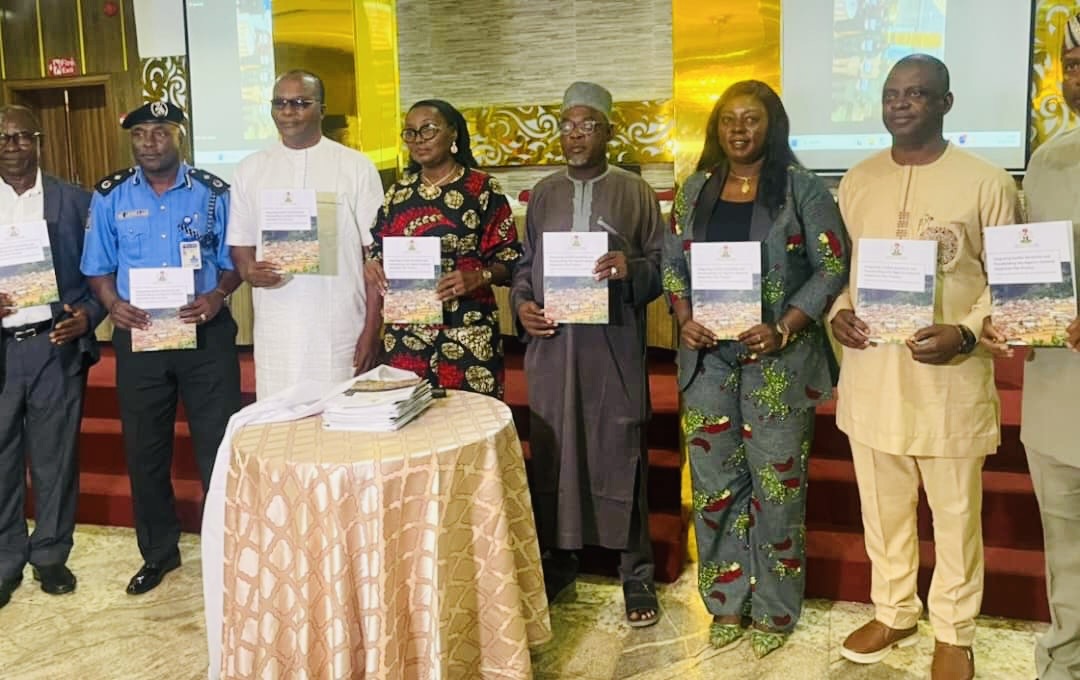By Abigael Joshua
Stakeholders in the environment sector have stressed the need to integrate climate adaptation strategies into peacebuilding efforts to address Nigeria’s growing vulnerabilities.
They made the call on Thursday in Abuja at the inception workshop on Capacity Building Development for Conflict-Sensitive Adaptation.
The workshop also featured the unveiling of a report on integrating conflict-sensitivity and peacebuilding into Nigeria’s National Adaptation Plan (NAP) process.
Alhaji Mahmud Kambari, Permanent Secretary, Ministry of Environment, said conflict-sensitive approaches were crucial in adaptation planning.
Kambari, who was represented by Mrs Victoria Gyang, a Director in the ministry, noted that understanding local conflict dynamics linked to climate change was key to promoting peace.
“A key activity in the process was the conduct of a Climate Risk and Vulnerability Assessment to identify communities’ vulnerabilities and suggest possible adaptation options,” he said.
Kambari added that climate-linked conflicts such as farmer-herder crises, cattle rustling and banditry continued to threaten security across the country.
He stressed that ignoring medium and long-term adaptation needs in conflict-prone contexts would be a mistake.
“While climate change and conflict are often compounding challenges, adapting to its impacts can be an effective way of breaking this cycle by improving social well-being and addressing root drivers of fragility,” he said.
Dr Iniobong Abiola-Awe, Director of Climate Change, said extreme weather events and climate variability were already affecting key sectors and infrastructure in Nigeria.
Represented by Mr Jonah Barde, Deputy Director, Vulnerability and Adaptation, she said the ongoing formulation of the NAP was designed to provide a transparent framework for identifying long-term adaptation needs and solutions.
Ms Catherine Potvin, Deputy Director, Environment and Climate, Global Affairs Canada, said resilience and peacebuilding must go hand in hand.
“Nigeria’s efforts to maintain peace are very crucial,” she added.
Also speaking, Dr Okafor Gerald, Director, International Conflict Prevention and Resolution, Institute for Peace and Conflict Resolution, Ministry of Foreign Affairs, said climate change continued to exacerbate global conflicts.
He added that the institute remained committed to supporting resolution mechanisms.
Similarly, Mr Mohammed Abdullahi, Deputy Commissioner of Police, Disaster Management Unit, Force Headquarters, said security agencies often mediated farmer-herder clashes, which remain one of the deadliest conflicts linked to climate pressures. (NAN)
Edited by Tosin Kolade












